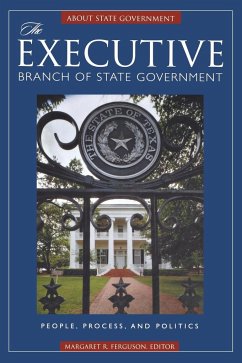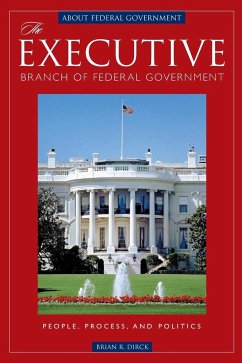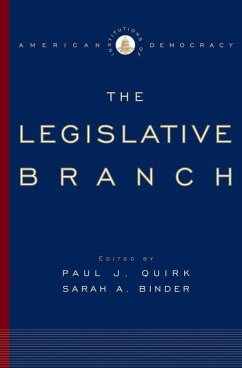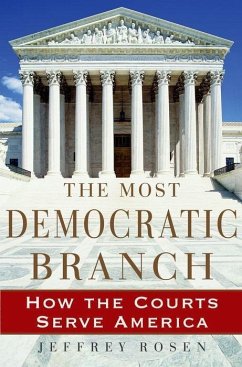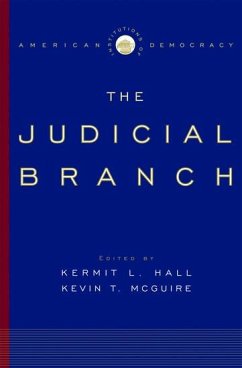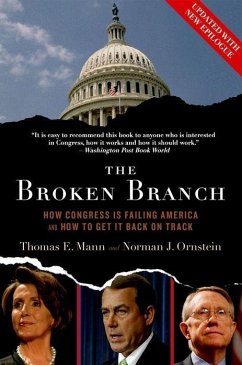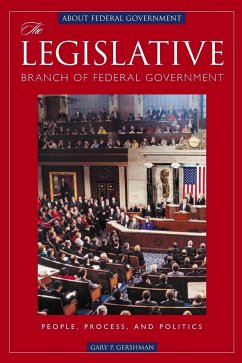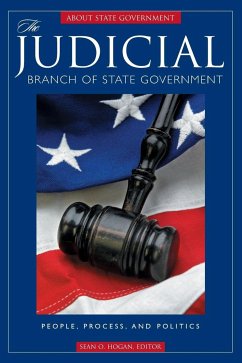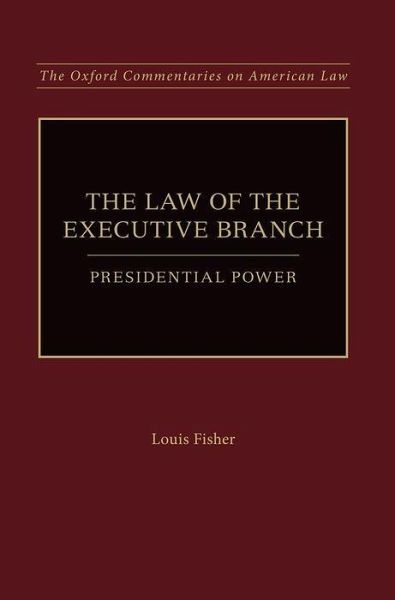
Law of the Executive Branch
Presidential Power
Versandkostenfrei!
Versandfertig in 1-2 Wochen
61,99 €
inkl. MwSt.

PAYBACK Punkte
31 °P sammeln!
The scope of presidential authority has been a constant focus of constitutional dispute since the Framing. The bases for presidential appointment and removal, the responsibility of the Executive to choose between the will of Congress and the President, the extent of unitary powers over the military, even the ability of the President to keep secret the identity of those consulted in policy making decisions have all been the subject of intense controversy. The scope of that power and the manner of its exercise affect not only the actions of the President and the White House staff, but also all s...
The scope of presidential authority has been a constant focus of constitutional dispute since the Framing. The bases for presidential appointment and removal, the responsibility of the Executive to choose between the will of Congress and the President, the extent of unitary powers over the military, even the ability of the President to keep secret the identity of those consulted in policy making decisions have all been the subject of intense controversy. The scope of that power and the manner of its exercise affect not only the actions of the President and the White House staff, but also all staff employed by the executive agencies. There is a clear need to examine the law of the entire executive branch.




